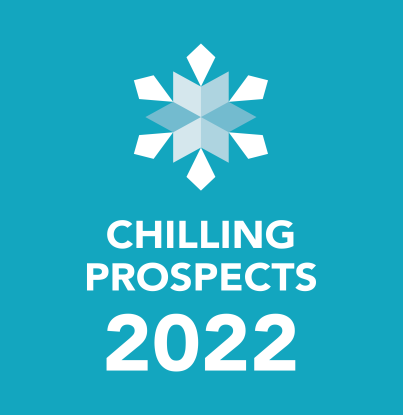Sustainable cooling community of practice
|
Chapter 3.4 Chapter 3 overview |
Since the signing of the Kigali Amendment to the Montreal Protocol in October 2016, the number of initiatives concentrating on delivering sustainable cooling has grown significantly. With that, a community of practice on the issue has grown, covering several different action areas across key themes that include global advocacy and coordination; finance, business and services; and data, among others. This growing landscape of collaboration demonstrates the importance of the issue but can also create challenges for new or outside actors looking to navigate the space.
Many initiatives that originated in 2017, including SEforALL’s Cooling for All programme, were supported by the philanthropic Kigali Cooling Efficiency Program (now the Clean Cooling Collaborative), which played a catalytic role with early grant funding across four action areas to create a community of practice for sustainable cooling. Today, the Clean Cooling Collaborative (CCC) works to scale emissions reductions and improve access to clean cooling, focusing on China, India, Southeast Asia and the US.
Complementing the CCC, the Cool Coalition works as a global, multi-stakeholder network to connect a range of actors to facilitate knowledge exchange and coordinate advocacy on cooling as both a climate change and development issue. SEforALL’s Cooling for All programme supports this overall global mission, with a focus on providing the data, knowledge and policy support necessary to deliver access to sustainable cooling in service of the SDGs.
In addition to early philanthropic capital, several actors are supporting public finance commitments to sustainable cooling, including through climate funds. This includes the World Bank ESMAP, which mobilized significant investment for Clean Cooling through the GCF, as well as bilateral donors such as the UK. The GCF has also supported the use of its national readiness funds for project preparation activities related to cooling, such as NCAPs.
Several multilateral and international organizations provide policy support and technical assistance to governments in support of public finance commitments. These include UNDP, UNEP the World Bank, CLASP and SEforALL among others. Organizations such as BASE and ACES provide similar, targeted support on business models and services, with BASE supporting CaaS and ACES promoting increased updates of sustainable solutions through education and training.
The initiatives discussed represent only a snapshot of the overall landscape of collaboration on sustainable cooling, with the number of initiatives constantly growing.
For more information, we invite you to reach out to the Cooling for All programme at SEforALL at coolingforall@seforall.org and explore the range of partners working with the Cool Coalition.


